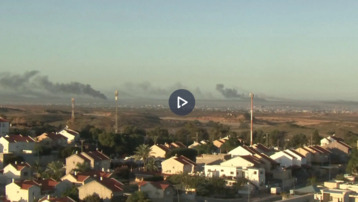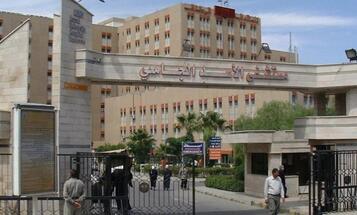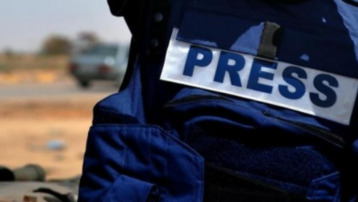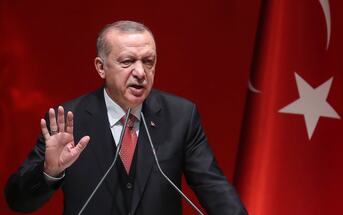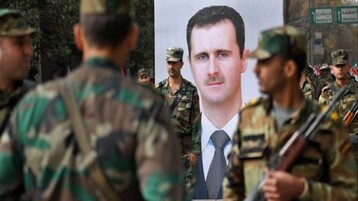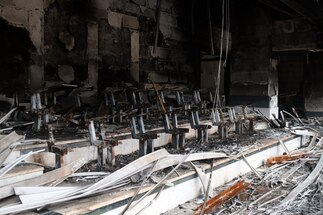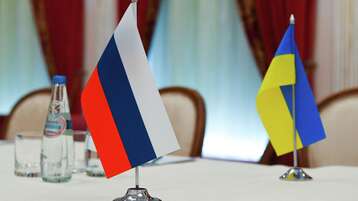-
Lebanon envoy says peace with Israel farfetched, solution is Arab Peace Initiative
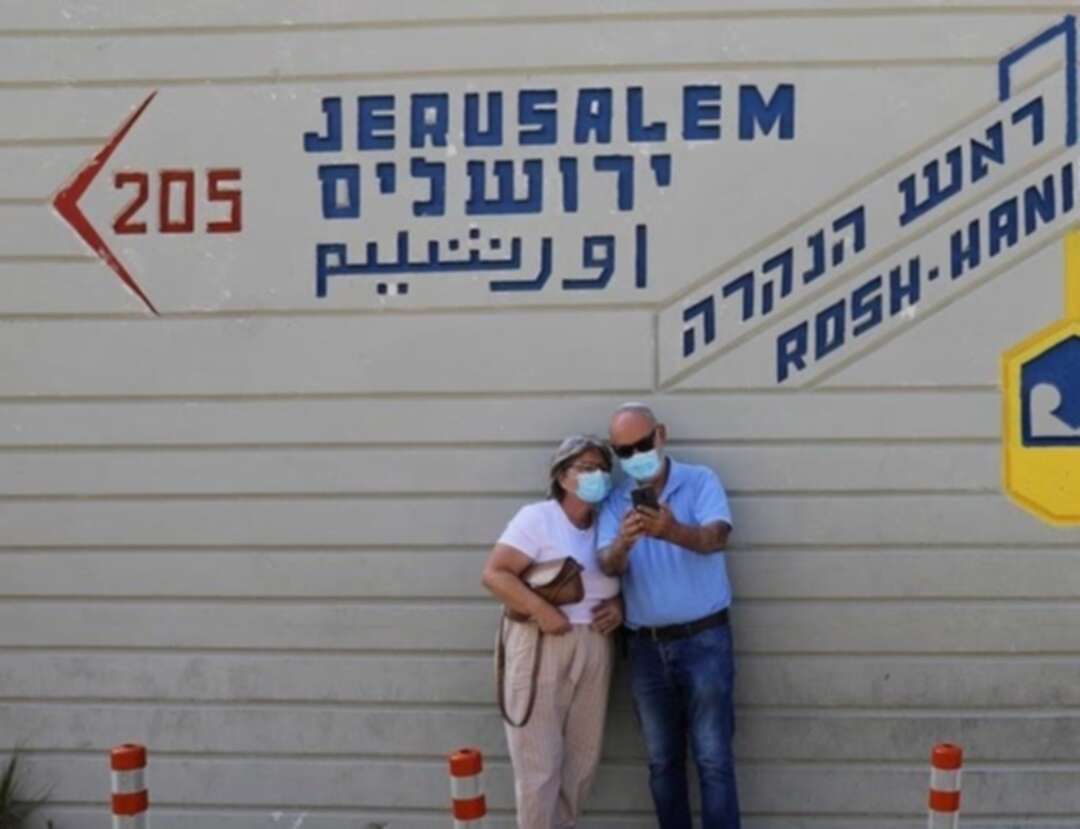
Lebanon continues to support the official Arab position on a two-state solution between Palestine and Israel, and peace with Tel Aviv remains farfetched as long as there is no real peace, Beirut’s envoy to the United Nations said Tuesday.
“Lebanon’s position on peace with Israel is part of the traditional Arab position that … there has to be a comprehensive, lasting and just peace,” Amal Mudallali said, referring to the Arab Peace Initiative adopted in 2002.
Speaking during a webinar, the Lebanese ambassador was questioned on prospects for peace between Beirut and Tel Aviv. Mudallali suggested that a piecemeal approach to the Palestinian-Israeli conflict would not succeed.
“We saw historically that every time there was an attempt to have peace agreements that were not comprehensive … or did not have Arab consensus around them, Lebanon paid the price.”
The Arab Peace Initiative, adopted during the Arab League Summit in Beirut in 2002, called for the normalization of ties with Israel in return for an independent Palestinian state and complete Israeli withdrawal from territory occupied in 1967.
Last year, the United Arab Emirates and Bahrain became the first two Arab states to normalize ties with Israel in a deal brokered by the Trump administration.
Sudan and Morocco followed suit. Several more Arab states are expected to make peace with Israel, according to US and Israeli officials.
But Saudi Arabia has led an Arab stance that conditions normalizing ties with Israel upon fulfilling the Arab Peace Initiative.
On Tuesday, Mudallali reiterated Lebanon’s stance and support for the initiative. “Lebanon still supports the Arab Peace Initiative for a comprehensive peace,” she said.
Asked about the Lebanese-Israeli border dispute, the Lebanese ambassador said there was “some progress” on disputed points over the years.
However, she noted that the continued occupation of the Shebaa Farms and most of the disputed points on the border was a critical issue.
source: Joseph Haboush
Image source: Reuters
Levant
You May Also Like
Popular Posts
Caricature
Syrians' concerns now
- December 10, 2024
Syrians' concerns now #Syria
#Bashar_al-Assad
#Liberation_of_Syria
#Syrians
#Future_of_Syria
#Levant_News

opinion
Report
ads
Newsletter
Subscribe to our mailing list to get the new updates!

